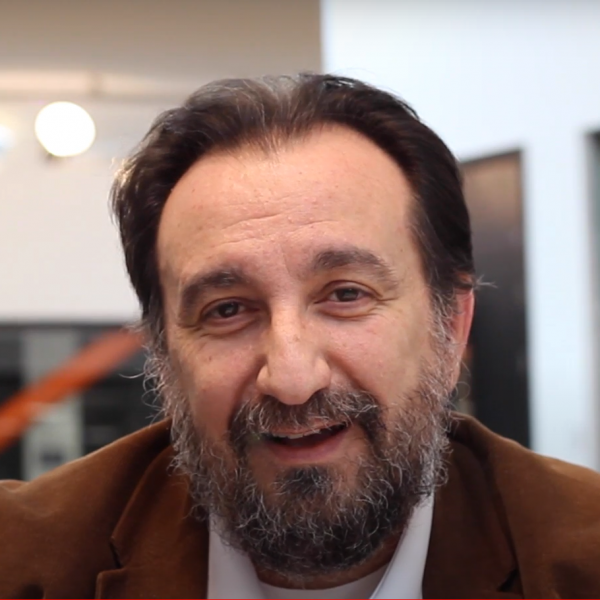Our Partner InSilicoTrials.com met scientist Liesbet Geris for their In Silico Talks. She is a professor of Engineering at the University of Liège and KU Leuven, in Belgium. She is also the executive director of the VPH Institute. She is a great supporter of in silico medicine and for very good reasons.
“By training, I am a mechanical engineer. But, that was simply because biomedical engineering was not an option when I was studying. However, I always knew that I wanted to apply the engineering knowledge that I gained in biomedical applications. During my training, I discovered that making computer models was something that I really enjoyed. So, it seemed very natural to combine both”.
Being an academic, Liesbet Geris is in constant touch with many different people: her students, her team, postdocs, and collaborators, but also patient organizations, regulatory agencies, and industries. This makes her point of view on modeling & simulation in healthcare particularly relevant.
At the moment, Geris is working on a variety of topics:
“One big application area is Regenerative Medicine, that is making bone and cartilage implants in the lab. And, while we are doing some experimental work there, most of the people in the team are developing different types of in silico models to answer different questions. This can go from optimizing the composition of the medium that we put on the cells to make them behave the way we want them to behave to the development of bioreactors to better control the cultural environment that we have, while we are culturing the implants. This can also be about making models to predict what will happen once we are going to implant our living implant in the patient, or in the animals during experimental trials. However, we are not focused only on this application area, we’re also venturing into the field of tumor biology, applying the same kind of models to answer questions related to lymph angiogenesis and to very fundamental questions about how genes can be turned into proteins and how physics is important in that process”.
Geris’ interest in in silico medicine goes way back:
“I am a very strong believer in the use of computer models in healthcare or in biomedical research because I think they have their own role to play. They have a strong added value: you have in vitro tools, in vivo tools, and in silico models can really add something to that. They can help you bring together information that you gathered from the other models, introduce mechanisms that you already know, and turn it into a tool that allows you to ask questions to test hypotheses before you actually go to the lab or to the patient with something. So I believe it is actually almost our duty to also use in silico models in the scope of healthcare and biomedical research, because these questions are too important not to make use of everything that we have”.
Even though there may be still some skepticism, in terms of using computational models, Liesbet Geris believes that the examples that are being published in the literature and communicated by the industry really point towards the fact that in silico models are going to play a bigger and bigger role in healthcare and in biomedical research.
So, the question now is how can modeling & simulation be a game changer in the healthcare industry?
“First of all, it can be a game changer for specific applications, for instance rare diseases or pediatric diseases, where it is really hard to collect a lot of data, where we often don’t have all the information to make very safe decisions. There, in silico medicine should be used as a tool in the process to make sure that we do everything we can to make our treatments as safe as possible. Secondly, in silico clinical trials have already been shown to give good results and have already been approved by regulatory agencies: using in those specific cases in silico clinical trials allows to reduce the cost and the time to market, helping the patients acquire new therapies faster. So, in that sense, it can be a game changer too. In some other cases, it can simply be, as I already mentioned, a very interesting complement to the existing methods that we currently have in healthcare”.
There are currently many challenges that the healthcare industry is facing, some of which can benefit from the use of in silico methods.
“For instance, the time to market that certain drugs and devices and advanced therapies take; the lack of personalization or the lack of knowledge on which therapy will work best for which patient. The overall cost of healthcare and how we can keep it sustainable for an ageing population, that is also a challenge. We need to find a way to reduce the overall economic cost without lowering the expectations on the outcome and while increasing even the quality of care that we provide”. This seems to be possible today only leveraging in silico methods more and more frequently.
Original Source here.



